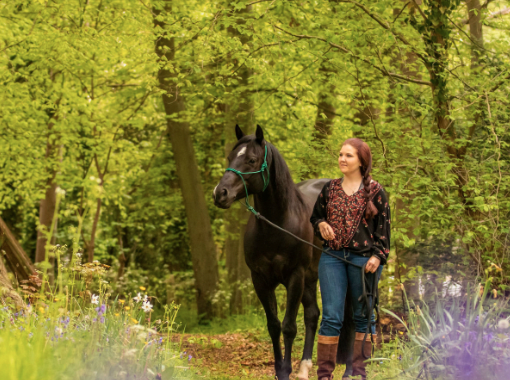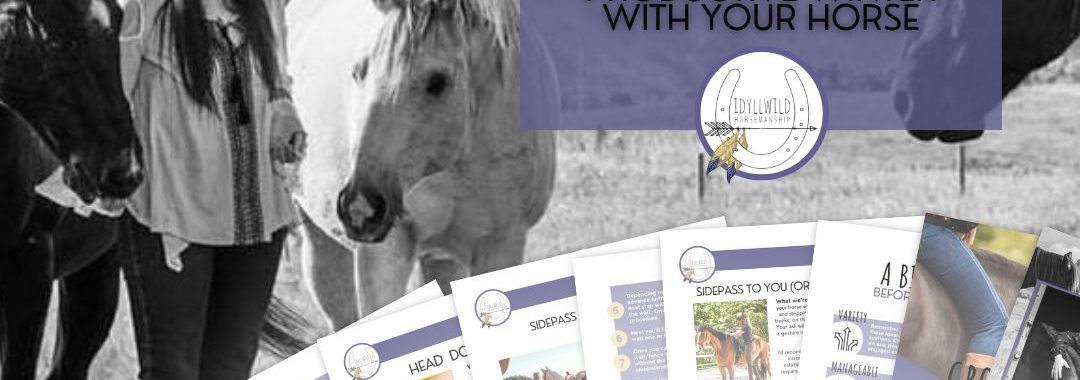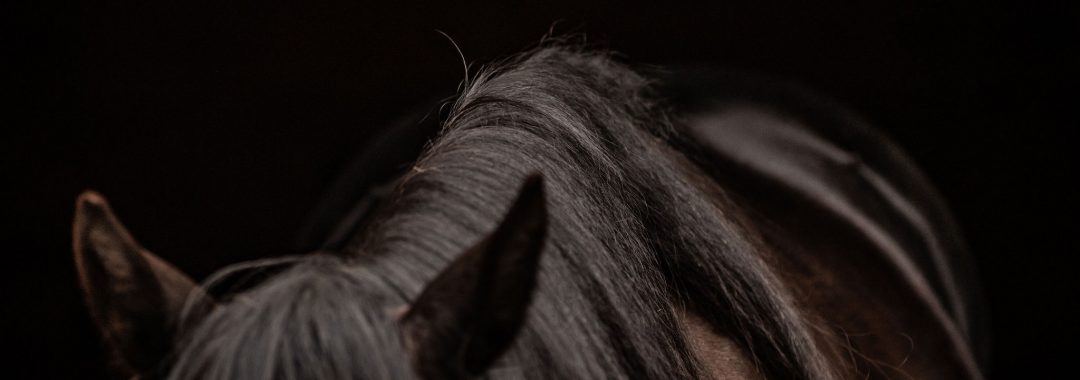Disappointment.
A decidedly unfun thing we all feel from time to time in our world with horses (and beyond!). Today I’m going to be talking about why its important to feel those feels, even if they are uncomfortable, and a-few ways you can actually utilise them!
We’ve all felt it. You’re out showjumping and you’re having a great round and then you knock a pole down. You fudge up your dressage test you spent weeks prepping for. You arrive at a clinic with your normally calm horse and for whatever reason on that day, they will not settle and you don’t quite get the experience you were looking forward to.
Those feelings of disappointment might be incredibly visceral, or they may be light and fleeting, but all the same, they are to be felt, and listened to.
It is so important, that we do not dismiss uncomfortable feelings. As an equestrian mindset coach who specialises in helping people build a more positive, confident mindset, you might think I’d tell you to push those feelings away, ignore them, or help you get rid of them…however the truth is, I encourage you to allow yourself to FEEL them. These feels, while not light and fluffy, are just as valid as all the others. Joy, happiness, anger, sadness, envy, grief, love, gratitude…all these feelings are experiences that we were put on this planet to feel, and while some feel nicer than others, it does not mean that they are more or less important. Each is here to teach us something and to help us grow.
By trying to push ‘negative’ feelings away or bury them, we inevitably are saving them for a later date, in which they will come back and bite us on the bum when we least expect it!
So, I invite you next time this feeling pops up, to allow yourself to feel it. Cry if you need to, talk about it if it feels helpful, journal it out…do whatever is helpful to help you feel it, so you can move through it.
Disappointment doesn’t mean you should stop, shrink back or give up whatever it is you have been working on. In fact the level at which you feel it is actually a sign of how much you care about ‘that thing’ and that you should keep going!
So how can we utilise it?
Firstly…feel it, and remember its a sign of how much you care.
Next, look at what ‘went wrong’ and what you can learn from the experience. What would you do differently? What can you take away from it to help you/your horse grow and improve?
Finally, make a plan to implement your takeaways, and give yourself and your horse, empathy and compassion as you do. Remember, progress is not linear, and it is in those moments of percieved struggle, that we truly learn.
You’ve got this.
I hope that was helpful! I talk more on this subject in my most recent podcast episode linked below, head there for a listen and be sure to share and subscribe if you find it helpful!


